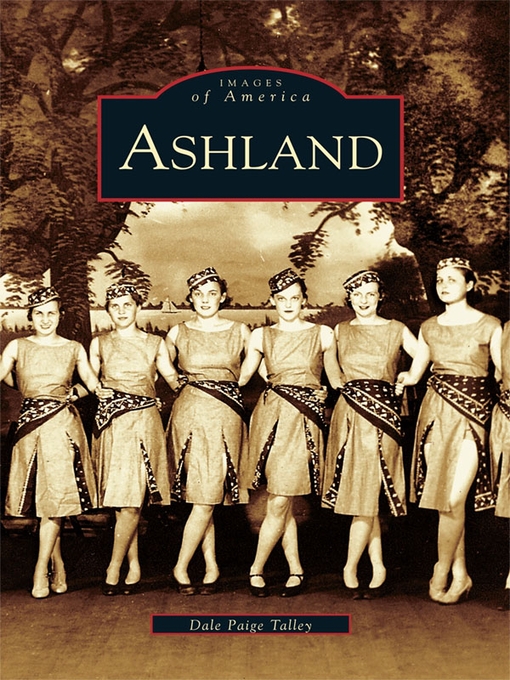In 1837, the Richmond, Fredericksburg, and Potomac Railroad laid its iron-capped wooden rails from Richmond to Aquia Creek. There, passengers could meet a stagecoach that would transport them to the railroad-owned steamship line and cruise up the Potomac to Washington. In between their outset and destination was a boggy, overgrown area known as the Slashes, which seemed the perfect rest stop for weary travelers during the 1850s. The region was renamed Ashland, after native son Henry Clay's home in Kentucky. By 1867, the Civil War had brought economic collapse and a resultant depression, and as a town that had relied on revenue from gambling, horseracing, and other leisure activities, Ashland faced serious challenges to its very existence. Randolph-Macon College, originally in Mecklenburg County, made a deal with Ashland that would save both the town and the nation's oldest Methodist college by reestablishing its campus along their railroad tracks.
- New eBook additions
- Mysteries, Thrillers and Suspense
- Romance
- Science Fiction & Fantasy
- Duke Classics Collection
- Always Available Classics
- Most popular
- New teen additions
- New kids additions
- Available now
- See all

